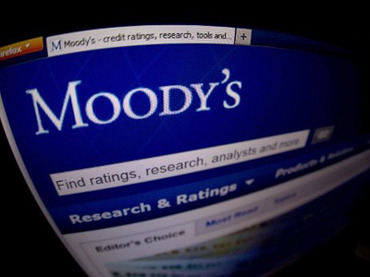The market optimism over the preliminary agreement with the International Monetary Fund (IMF) for a $12bn loan—along with the crackdown on currency traders—has led to a state of calm in US dollar transactions, lowering the currency’s price against the Egyptian pound on the unofficial market, according to Mohamed Abdel Aal, board member of both the Suez Canal Bank and Arab Sudanese Bank.
Abdel Aal explained that despite the weaknesses, fears, and threats found within the Egyptian economy—which adversely affect the situation of the market—there have been a number of positive indicators over the past few days that could lead the exchange market to a safe place.
Amongst these indicators is the Central Bank of Egypt (CBE) keeping the official price of the dollar to the pound unchanged for several weeks now, despite expectations of an imminent devaluation, Abdel Aal said.
He pointed out that trading dollars on the unofficial market has become more and more difficult and is conducted at a wide range of prices on the back of the serious embargo on the mafia. “This pushed dollarisation down and broke the unjustified upward trend of the dollar price against the pound to less than an average of EGP 13 before the new regulations.”
Moreover, he noted that the market’s optimism over the government’s announcement of a preliminary agreement with the IMF for a $12bn loan over three years, as well as the $1bn deposit from the UAE, stabilised the parallel exchange market.
He stressed that rumours and news drive the market, highlighting two incidents: claims of the CBE governor’s resignation and the president’s speech indicating a near end to the US dollar price increase, which have both given the market confidence that the state has a vision and plan to solve the shortage and pricing problems.
In that context, Abdel Aal said that completing the IMF agreement will enhance solvency of Egypt, which would help the return of foreign direct investment flow.
He ruled out the possibility of the CBE fully floating the pound, saying [the CBE] is more likely to continue its controlled floating policy.
According to Abdel Aal, devaluing the pound against the dollar will not have inflationary impacts on prices of imported goods, as luxury goods are imported and priced at EGP 13 for the dollar, while strategic goods are covered by the CBE at the official rate.




